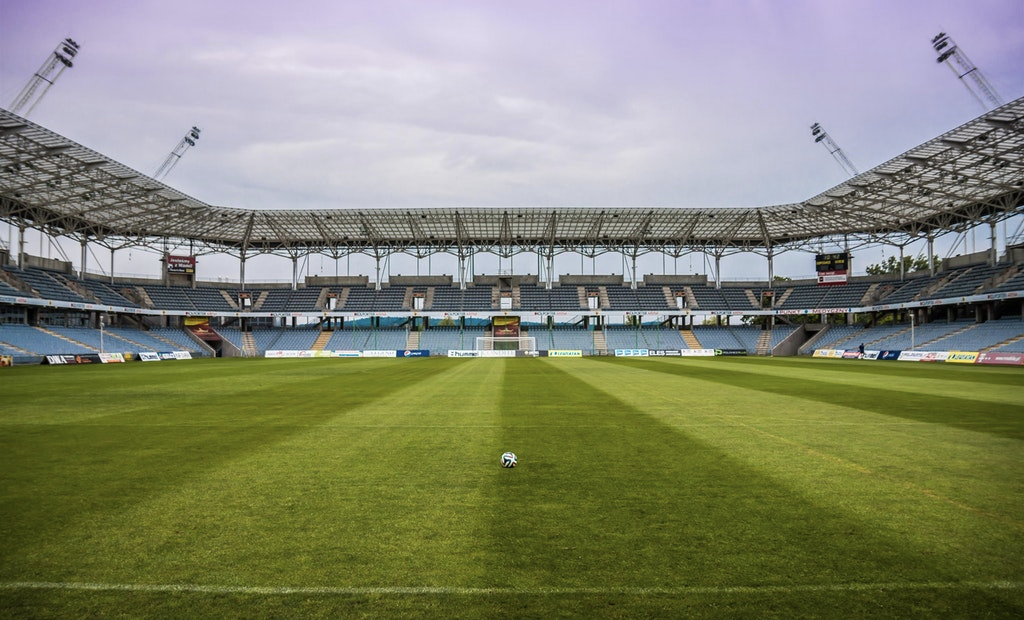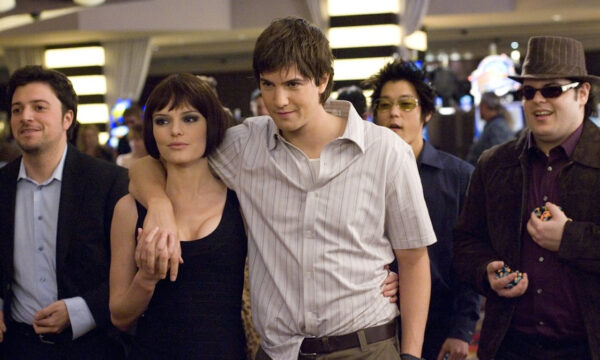Three reasons why Spain are the best

Last Sunday saw Spain cement themselves in the history books by becoming the first nation ever to win three major trophies consecutively.
Their 4-0 demolition of Italy in Ukraine’s Olympic Stadium meant they retained the European title they won four years ago which started this formidable run.
It’s a streak which includes many eye-catching statistics, such as goalkeeper Iker Casillas not conceding a single goal in the knockout stages of the last three successive major tournaments, displaying how integral he has been in Spain’s progression in becoming the world’s best.
However Casillas is just one integral cog in the Spain machine, which has helped it become a force comparable to Brazil’s 1970 squad, and other dominant nations.
Here are three key reasons why Spain have got to where they are today, and become arguably the best team ever to have graced the planet.
1. Playing with no strikers
With the absence of their star striker, David Villa, who broke his leg in the lead up to the tournament, it meant the only recognised strikers coach Vicente del Bosque took to the Euros were Fernando Torres, Fernando Llorente and Álvaro Negredo.
However the tactics the Spanish boss often employed during the tournament was to opt for six midfielders with no striker, leaving the idea of an attacking presence banished to the bench.
Del Bosque would select Cesc Fàbregas to play as a roaming forward, creating chances more than taking them. The tactic meant that Spain required plenty of forward movement from the supporting midfield, and with David Silva and Andrés Iniesta sat behind the former Arsenal player, it meant that runners were aplenty.
Fàbregas’ position is what football experts are now calling a “false number nine” – a tactic similar to what Ajax used to play when Dutch master, Johan Cruyff, played for them in the 1960s and 70s.
With the Barcelona playmaker often drifting into several other positions, marking him proved to be difficult for defenders as they were uncertain whether sticking close to him was such a good idea as they often left holes in their defence for other players to exploit.
Despite the critics of Del Bosque’s tactic, he defended his selection stating: “We have strikers, but we decided to play with players who went better with our style.”
Whilst football co-commentator, Mark Bright, also backed the strategy saying: “The centre-forward is no longer a necessity, Del Bosque’s introduced a new formation to football.”
However, regardless of Fàbregas’ conservative movement, he also chipped in with his fair share of goals too, netting the crucial equaliser in the Spaniards’ opening game against Italy, whilst also scoring in the 4-0 rout of the Republic of Ireland.
French striker Louis Saha supported the role of the loan attacking midfielder, by quoting: “[The] player of my Euro 2012 is Cesc Fàbregas because he played well out of position in the best team ever in a big competition and won it.”
It’s certainly a tactic that will live long in the memory, for many different reasons. However, experts are hoping it doesn’t mean the end of the old-fashioned striker in the game.
2. “Boring” football
Before the final in Kiev, Spain were labelled as “boring” by some analysts. Their style of possession football was not easy on the eye as it often led to moves restarting by going backwards instead of going for the goals that would win them the games.
Their performances, in truth, were disappointing from their point of view, only scoring more than two in a game just once before the final against a much inferior opposition in Giovanni Trapattoni’s Ireland.
However the performance they gave in Kiev, against an Italian side they had already played, and drew with during the group stages, was the best of any side during the tournament and they merited the four goals that they scored.
Following the final, BBC’s Dan Walker announced: “’Boring’ is the new ‘brilliant’”, whilst Piers Morgan argued, “[The] only ‘boring’ thing about this Spain side is how relentlessly, ruthlessly brilliant they are.”
The Spaniards silenced their critics, and answered all questions with a performance any team, including club sides Barcelona and Real Madrid, would’ve struggled to cope with.
3. A decent core to the squad
Bar Lionel Messi, the Spaniards almost have the best of the rest of the players from both sides, finding the balance of the attacking flair of Barcelona’s Iniesta, Xavi and Fàbregas, combined with the protection of Real Madrid’s Casillas, Sergio Ramos, and Xabi Alonso.
Ironically the two players not part of Spain’s two greatest sides in the starting XI against Italy in final were scorers of the first two goals, David Silva and Jordi Alba. Silva enjoyed huge success last year and was a crucial a part of Manchester City’s Premier League winning side, whilst Alba, interestingly, is moving to Barcelona from Valencia during the forthcoming summer.
It means that the squad unity is closely knit, with no signs of any friction in the camp evident. Whilst the likes of Holland, as talented as they are, are famous for their fall-outs among the squad, this group of players share a unique bond, despite most of them fighting each other every season in La Liga for league and cup honours.
For a team that were missing two individuals in the form of Villa, and clubmate, Carles Puyol, also absent through injury, it shows what a remarkable achievement this really is.
You have to remember that before their first Euro triumph four years ago, they had only won one major tournament before, and now we are in an era where we could see Spain dominate for some time.
With, arguably, Xavi and Xabi Alonso nearing the end of their careers, quality replacements are already in place, whilst you have to remember Euro 2012 player of the tournament, Iniesta, is still only 28.
The question that surrounds this team now is, are they the greatest nation side of all time? — Three trophies in four years answers that.
Derek Baker
























Facebook
Twitter
Instagram
YouTube
RSS